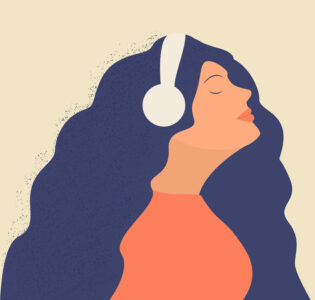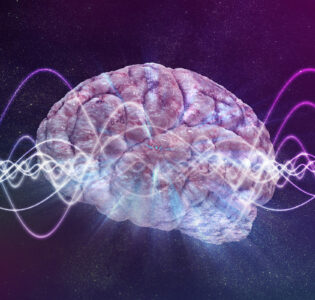You need rest to do your best!
By Clare Panetta, College Psychologist
Sleep is one of the most important factors influencing brain functioning. Especially during adolescents, when biological changes and lifestyle factors push sleep times later and thus reduce overall sleep duration, the effects of too little sleep can be disastrous. Too little sleep leads to daytime sleepiness, difficulties in learning and memory, reduced reaction time and one we all can attest to, poorer mood.
Individuals may reduce their sleep time intentionally to get more done in their day or they may find it difficult to fall asleep, which can create a mode of operating on less sleep than is desired for maximum brain performance. To find out the recommended amount of sleep across the lifespan, check out this infographic from the National Sleep Foundation:

To support the developing brain, it is vital that children and teens learn about the importance of sleep and the habits that can make or break a good night’s sleep. Insomnia, relatively common in teens and adults, should not be put up with. Usually, there are sleep hygiene habits and interventions that can make a positive difference. To follow are some ideas for healthy sleep and a… healthy brain!
- Go to bed and wake up at the same time across the week.
- Establish a bedtime routine that signals to your brain it’s almost sleep time and calms your mind and body.
- Make your bed a tech-free space, especially during the 30 minutes before bed.
- Avoid napping during the day.
- Limit caffeine in the afternoon and evening.
- Ensure your mattress and pillow are comfortable and your bedroom is a mild temperature.
- Mindfulness, meditation and/or a gratitude practise before bed can really help soothe the brain and body into sleep.
- Aim to work on stressors during the day so they don’t haunt you at night.
- Externalise your stressors by writing them on a notepad next to your bed if they pop into your mind at night, then pledge to deal with them the next day.
- Focus on relaxing, you can’t make yourself fall asleep, it will come if you relax and unwind in bed.
- Seek specialist support if poor sleep significantly affects you – your brain will thank you.




